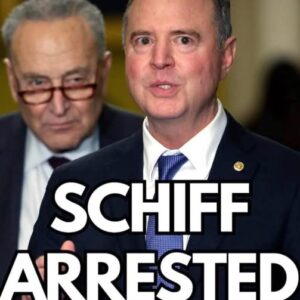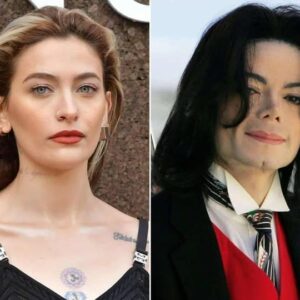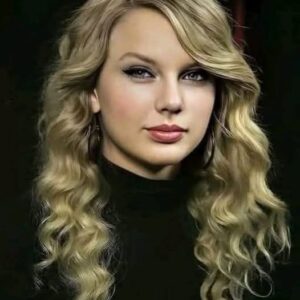The Nobel Peace Prize Committee has officially revealed why President Donald Trump did not win this year’s Peace Prize — despite his outspoken belief that he deserved it. The 2025 award instead went to Venezuelan opposition leader María Corina Machado, whose fight for democracy under an authoritarian regime has captured the world’s attention.
Earlier today, the Norwegian Nobel Committee announced its decision on X, praising Machado for her “tireless work promoting democratic rights for the people of Venezuela and for her struggle to achieve a just and peaceful transition from dictatorship to democracy.”
Machado, 57, has long been one of Venezuela’s most vocal critics of President Nicolás Maduro. Despite facing political persecution, travel bans, and threats against her life, she has continued to lead the opposition movement from exile after being forced into hiding in August 2024. The award, seen by many as a powerful message to authoritarian governments worldwide, will be presented on December 10 in Oslo, Norway.
“There will be many celebrating Machado’s recognition,” one political analyst told Reuters, “but it’s safe to say Donald Trump won’t be one of them.”
Trump has repeatedly claimed that his diplomatic accomplishments — particularly his peace initiatives in the Middle East — merit the Nobel Peace Prize. During a February meeting with Israeli Prime Minister Benjamin Netanyahu, he quipped, “They will never give me a Nobel Peace Prize. I deserve it, but they will never give it to me.”
In recent months, Trump’s rhetoric around his supposed eligibility intensified. Speaking at a European summit in August, he told reporters, “I’ve done six wars, I’ve ended six wars. If you look at the six deals I settled this year, they were all at war. I didn’t do any ceasefires.”
Many observers interpreted those remarks as a renewed push for international recognition — particularly after Trump’s administration played a central role in brokering a ceasefire between Israel and Hamas earlier this fall.
“I am very proud to announce that Israel and Hamas have both signed off on the first phase of our Peace Plan,” Trump wrote on Truth Social following the agreement. “This means that ALL of the Hostages will be released very soon, and Israel will withdraw their Troops to an agreed-upon line as the first steps toward a Strong, Durable, and Everlasting Peace. All Parties will be treated fairly! This is a GREAT Day for the Arab and Muslim World, Israel, all surrounding Nations, and the United States of America.”
While Trump’s supporters have hailed his involvement as a “historic diplomatic victory,” the Nobel Committee made clear that its decision was guided strictly by its founding principles — not political pressure.
Committee Chairman Jørgen Watne Frydnes addressed questions directly about Trump’s exclusion during a press briefing in Oslo. “We base our decision only on the work and the will of Alfred Nobel,” Frydnes said, emphasizing that the selection process cannot be influenced by lobbying, global attention, or political expectation.
The committee’s statement further explained that this year’s choice reflected the global retreat of democracy and the rise of authoritarianism — an issue Machado has risked her life to confront.
“Democracy is a precondition for lasting peace,” the Nobel Committee wrote. “However, we live in a world where democracy is in retreat, where more and more authoritarian regimes are challenging norms and resorting to violence. María Corina Machado has spent years working for the freedom of the Venezuelan people.”
They continued, “The Venezuelan regime’s rigid hold on power and its repression of the population are not unique. We see the same trends globally: rule of law abused by those in control, free media silenced, critics imprisoned, and societies pushed toward authoritarian rule and militarization.”
By contrast, Nobel officials have historically resisted awarding the Peace Prize to figures whose actions — even if diplomatically successful — are viewed as polarizing or politically self-serving. Analysts note that while Trump has positioned himself as a dealmaker, his confrontational style and divisive rhetoric may have worked against him.
“The committee tends to value humility, humanitarian impact, and global consensus,” said Oslo University political scientist Einar Brendalen. “Trump’s accomplishments, though significant in some areas, often come with controversy — and the Nobel Committee avoids that kind of political baggage.”
For Trump, who has long sought international validation for his foreign policy legacy, the snub is unlikely to silence his campaign for recognition. But for María Corina Machado — a woman who has endured threats, exile, and imprisonment for her belief in freedom — the Nobel Prize is a vindication of both courage and conviction.
As the committee concluded in its announcement: “In a time when fear and repression silence millions, voices like Machado’s remind the world what peace truly requires — democracy, dignity, and the bravery to demand both.”





